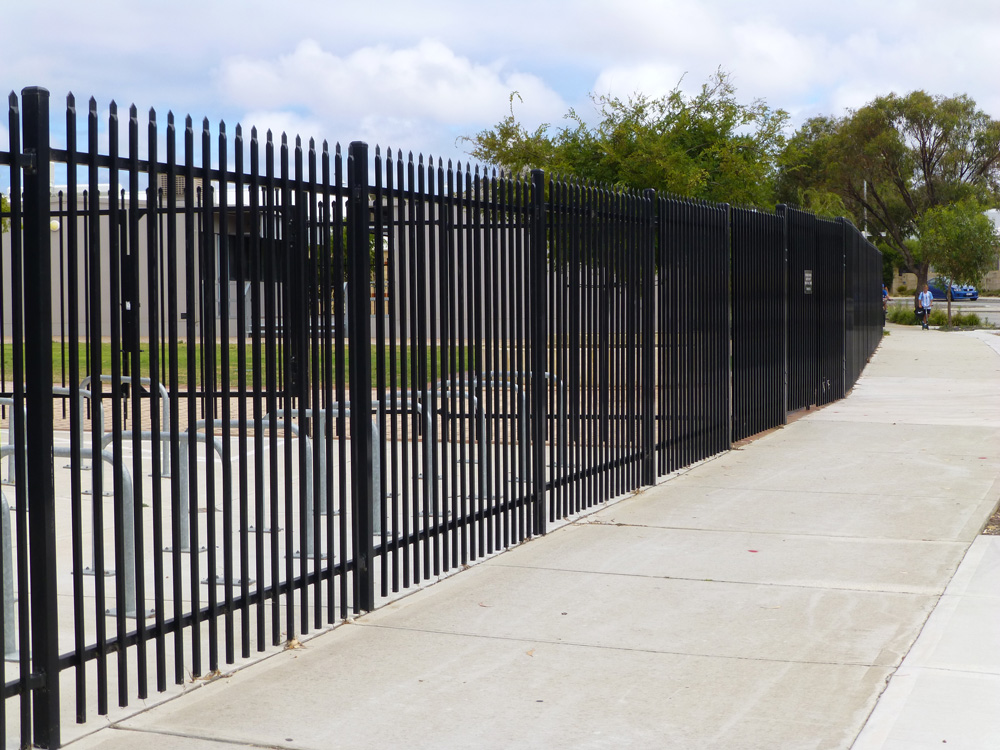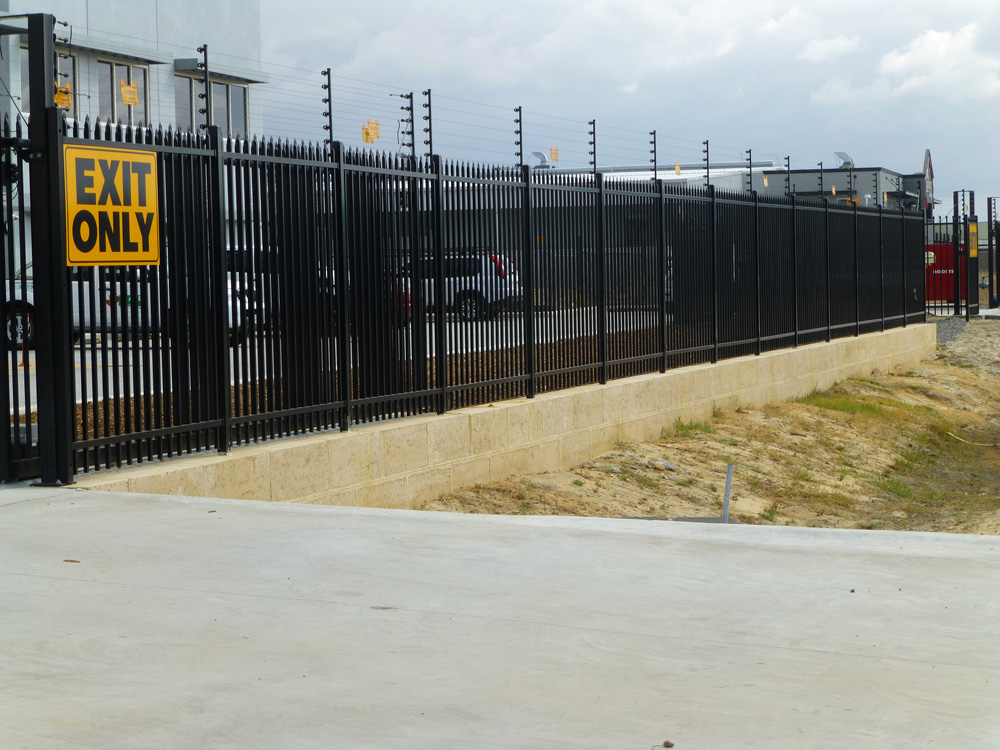Traditionally, steel fencing has been the go-to choice for secure fencing, railings and gates. Since aluminium entered the market, however, steel has found itself with some tough competition. When you’ve decided to add metal fencing to your property, site or project, one of the first questions your fencing contractor will ask you is: steel or aluminium?
Both materials are robust, dependable, and secure – but each has its own advantages and disadvantages. Depending on your needs, either steel or aluminium could be the perfect choice, so make sure you thoroughly understand the difference before you make this crucial decision.
Both materials are robust, dependable, and secure – but each has its own advantages and disadvantages. Depending on your needs, either steel or aluminium could be the perfect choice, so make sure you thoroughly understand the difference before you make this crucial decision.
Aluminium Fencing
Aluminium has grown in popularity mainly due to being cost-effective, anti-corrosive and stylish. As a lightweight metal it tends to be less expensive that other fencing materials such as steel, and it also easier to form and bend. Its cost of production is therefore comparatively low, as well as being environmentally friendly and recyclable.
Aluminium is a stylistically versatile metal, even proving itself a low-maintenance timber alternative. From traditionally elaborate and decorative feature work to modern minimalist designs, aluminium’s ease of moulding makes it a flexible option. Being inherently resistant to corrosion and rust it is fantastic for coastal or high rainfall areas.
While this all sounds great, there are certainly downsides thought. As it is so lightweight, it’s generally not as tough as steel in terms of withstanding damage, vandalism or break-ins. As a result, it’s perhaps not an ideal option when very high security is the priority.
Steel Fencing
Steel has long been known and appreciated for its strong, secure, and heavyweight characteristics. A more popular option for securing commercial or high-traffic areas such as businesses, industrial sites, and even schools and public buildings, steel’s durability makes it perfect for secure fencing and gates. It is comparatively more expensive than aluminium as a truly heavyweight metal and does require professional installation, but it is nearly unbeatable for lasting security.
Steel also comes in a wide range of decorative patterns and is highly adaptable to many architectural styles. Steel’s natural strength protects it from extreme weather such as damaging winds, natural or man-made destruction. When steel is galvanised it is corrosion resistant, but it is not rust proof – if water manages to penetrate a hole or join it is possible for rust to develop. To avoid this, installation by experienced professionals and adhering to regular maintenance is an important factor.
Decision Time
Think about your needs before making a decision on steel or aluminium fencing. Each material can offer some serious advantages, but they have to be weighed up with potential drawbacks. Figure out which aspects are real priorities for your fencing project and go from there – call Right Metal Fencing today for expert advice from experienced professionals to help you make the right choice!



